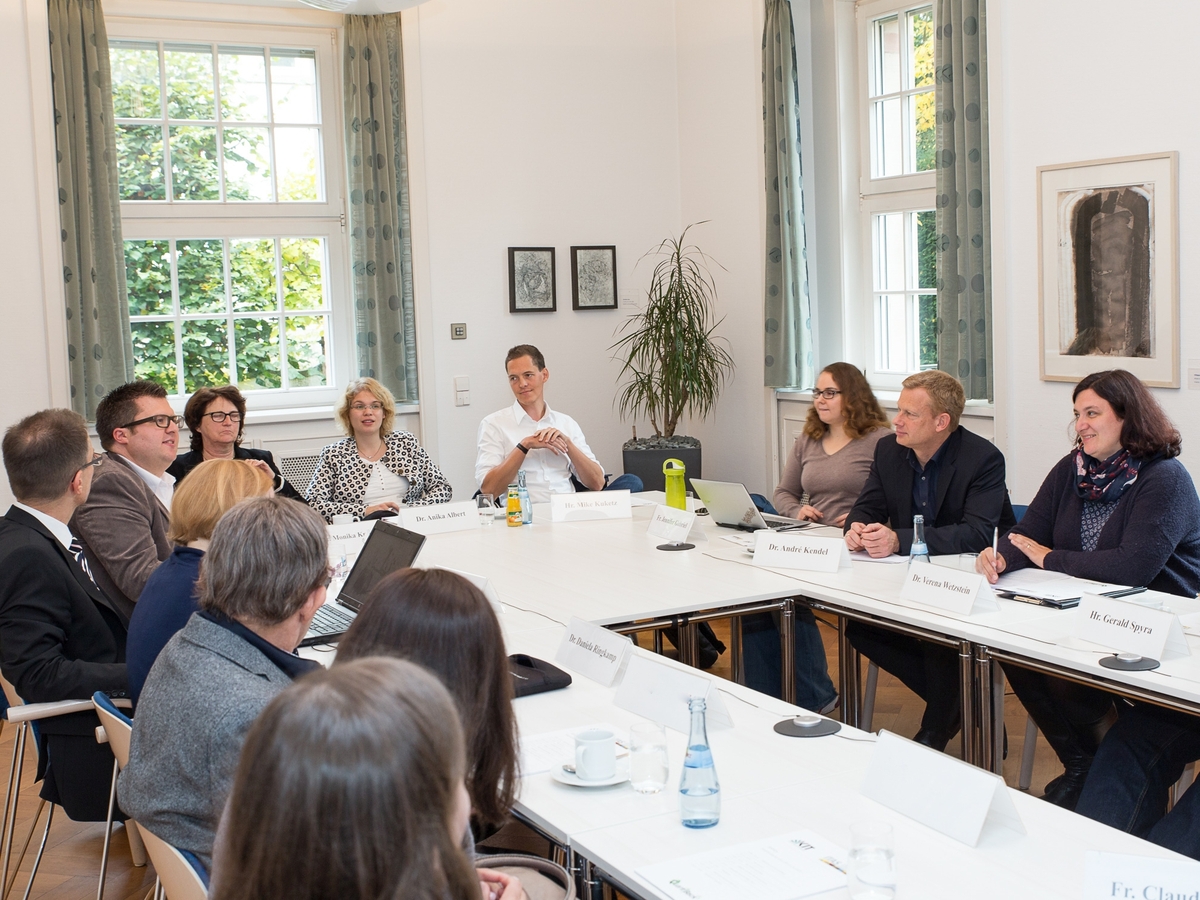QuartrBack: Kick-Off meeting of the expert advisory board
The intelligent emergency chain of "QuartrBack" shall connect a network of voluntary helpers with tracking and monitoring technologies. This could enable people with dementia to maintain access to previously familiar social spaces in the district and preserve their individual lifestyle.
The ITAS scientists involved follow the approach of incorporating relevant non-technical aspects already during the technical development process. Legal issues (e.g. Who is liable for possible damages resulting from the use of this technical aid system?) as well as economic questions (e.g. What is the cost-effectiveness of this technical and social innovation?) play an important role here. But above all, technologies for people with dementia raise both ethical and social questions, such as: In what areas should the technology be used? How does it change the social fabric and the binding forces acting in it? And which functionalities of the age-appropriate assistance system require particular attention from an ethical perspective?
To answer these questions, the researchers are supported by a both multi-disciplinary and multi-perspective expert advisory board, which was constituted in Karlsruhe on 23 October 2015. In addition to affected persons as experts on their own account and their relatives, the advisory board is composed of experts with an emphasis on ethics and theology, information systems, data security, law, health economics, nursing science, gerontology, sociology and a representative of a health insurance company.
Together with ITAS, the members of the advisory board will develop, among other things, the criteria for prototype and field tests as well as an ethics guideline for the system. They also prepare recommendations for policy makers, service providers, developers, and suppliers. Other potential users and the transferability to different districts and care settings, such as hospitals or outpatient, semi-residential, and fully inpatient care, are another focus of the advisory board. (16.11.2015)
Further links and information:



